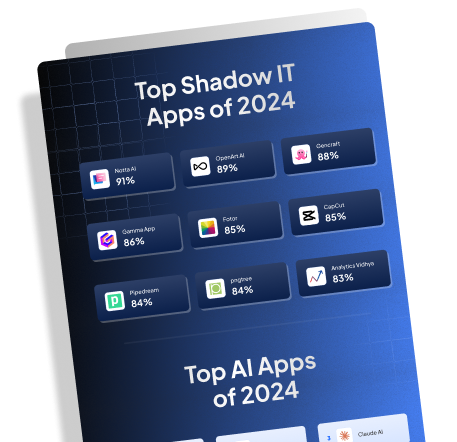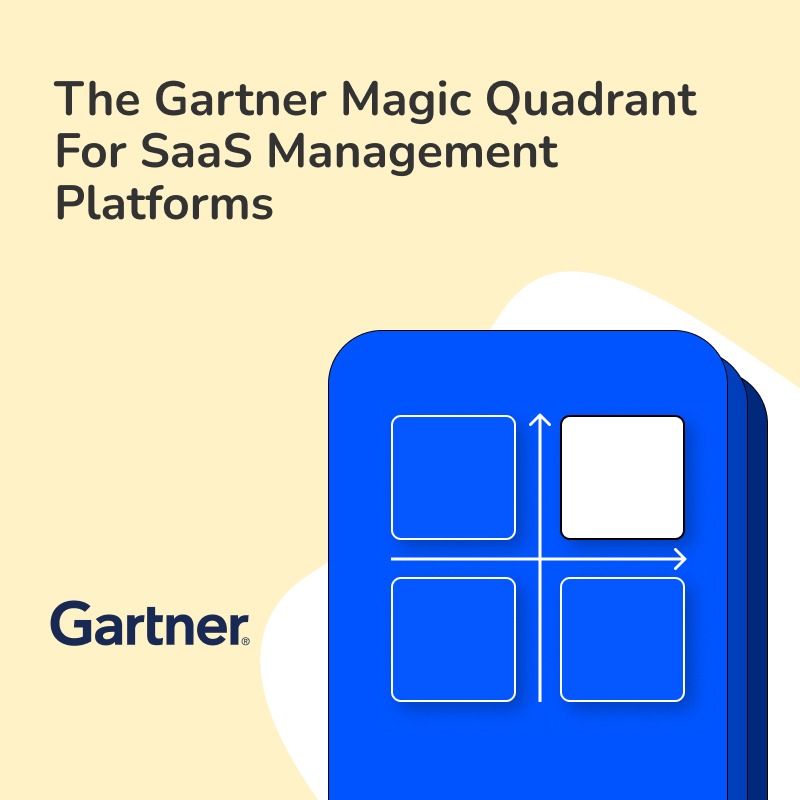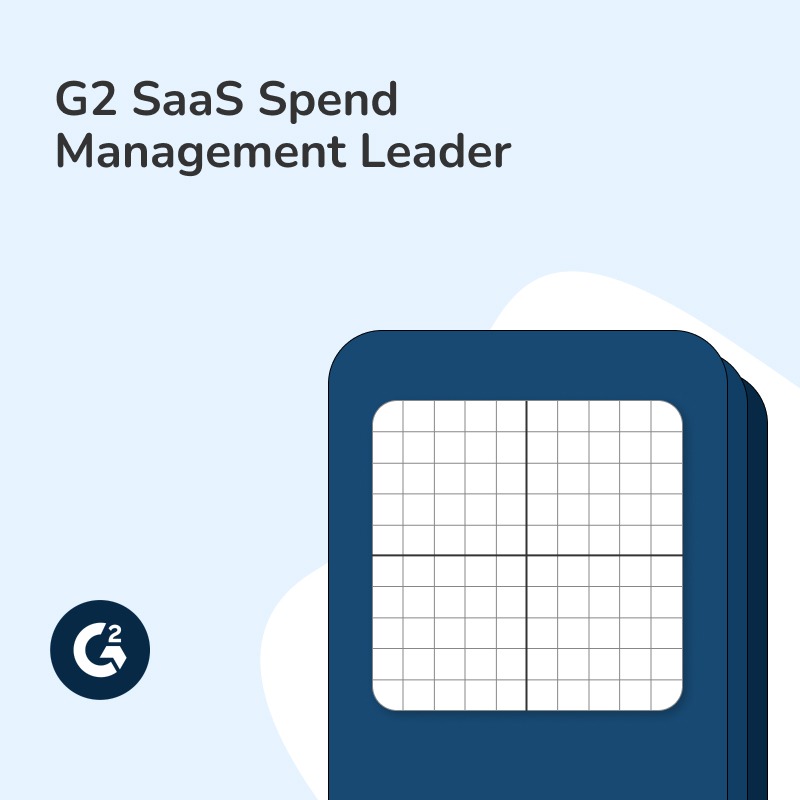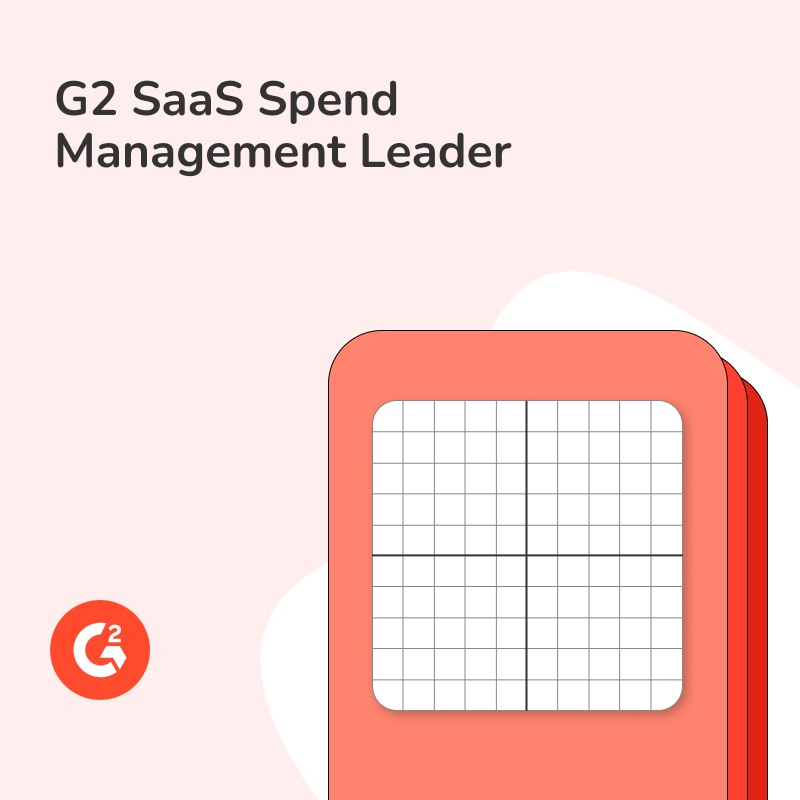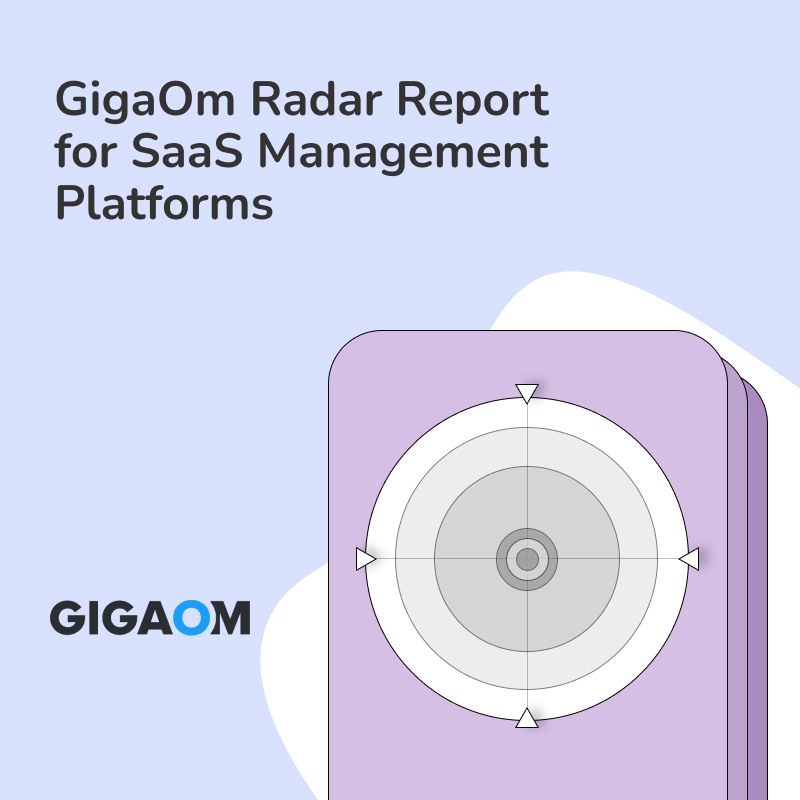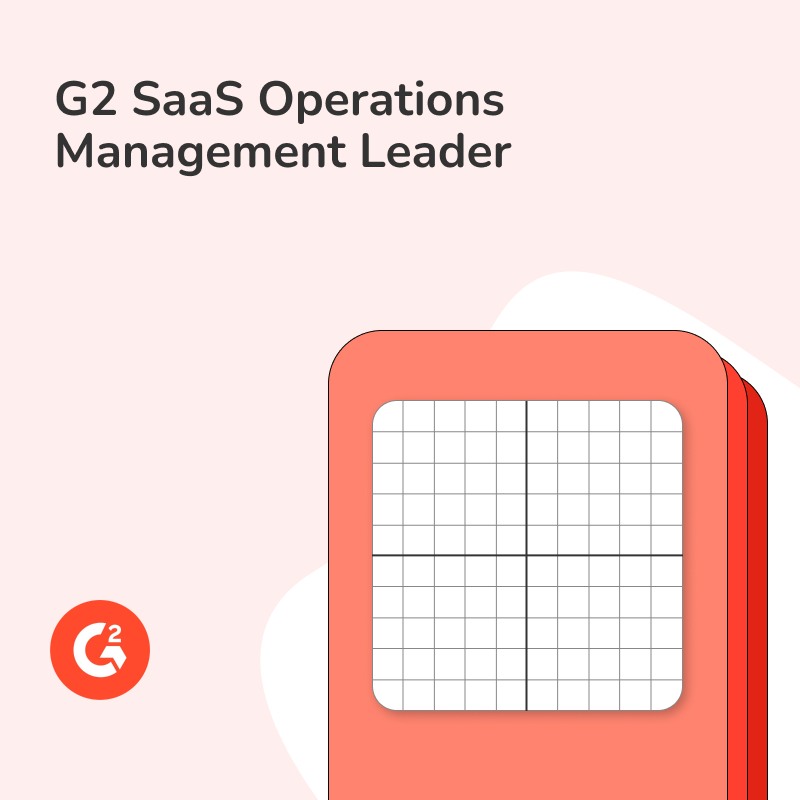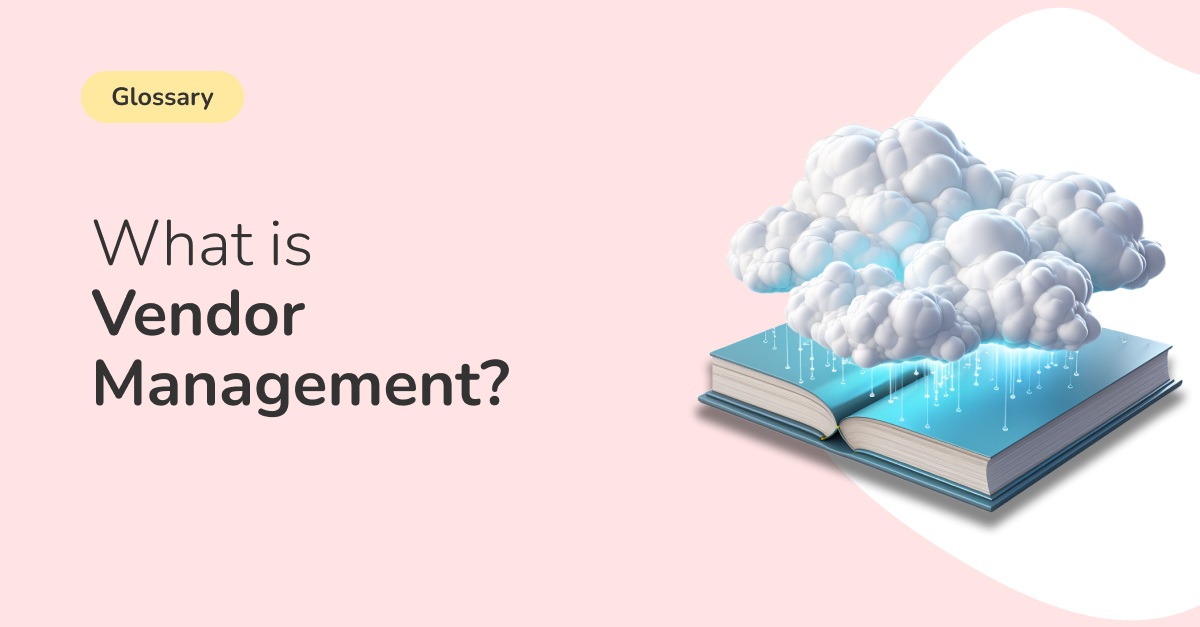What is Vendor Management?
Vendor management is the process of overseeing and collaborating with external service providers or suppliers. This involves several activities, such as vendor selection, contract management, and vendor performance evaluation. At the core of effective vendor management is a balanced vendor relationship that aligns with your business goals.
The SaaS Management Connection
For SaaS Management Platforms like Torii, vendor management is crucial for monitoring and controlling the multiple software solutions utilized within an organization. A SaaS Management Platform can provide the capabilities of a vendor management system while also providing additional visibility, contract license management, compliance insight, tracking performance, and integrating with procurement software. View Torii’s SaaS Vendor Renewal Management Solution.
Examples of Vendor Management
Imagine you’re an organization with a variety of software needs, from data storage to customer relationship management (CRM). Rather than juggling multiple vendors haphazardly, you employ a vendor manager from the vendor management office to handle these relationships.
- Vendor Selection: The manager identifies potential vendors, evaluates their credentials, and negotiates contract terms.
- Vendor Onboarding: Post-selection, a smooth vendor onboarding process begins.
- Contract Management: The use of contract management software ensures all agreed terms are upheld.
- Performance Tracking: Periodic assessments of vendor performance are critical.
- Risk Management: Any vendor risk is evaluated and managed to mitigate third-party risk management.
Best Practices for Vendor Management
Effective vendor management is a strategic asset for any organization. Implementing best practices ensures streamlined operations, reduced risk, and enhanced performance. Here are key guidelines:
Strategic Vendor Selection
Don’t just focus on cost. Evaluate vendors based on reliability, financial stability, and reputation. The right vendor aligns with your business goals.
Comprehensive Contracts
Your vendor contract should be airtight, specifying service levels, compliance requirements, and penalties for underperformance. Use contract management software for flawless execution.
Regular Performance Assessments
Establish KPIs and carry out regular vendor performance reviews. Address issues proactively.
Vendor Onboarding
A well-planned vendor onboarding process sets the tone for the relationship. Provide all necessary vendor information and guidelines upfront.
Continuous Communication
Open, honest communication is the backbone of any vendor relationship. Keep lines of communication clear and consistent.
Risk Management
Identify, assess, and mitigate risks related to vendor compliance, data security, and performance. Employ vendor risk management tools where necessary.
Technology Leverage
Utilize vendor management systems or SaaS solutions to automate tasks, track performance, and maintain documentation.
Incorporating these best practices into your vendor management process ensures a fruitful, long-term relationship with your suppliers, contributing to overall business success.
Related Terms You Should Understand
- Risk: Inherent in any vendor relationship, it encompasses financial, operational, and legal liabilities.
- Vendor Relations: The broader scope of interactions between you and your suppliers.
- Vendor Compliance: Ensures vendors meet all contractual, legal, and operational requirements.
- Supplier: Alternative to ‘vendor’, used primarily in supply chain and supplier management.
- Procurement: The act of sourcing and obtaining goods or services.
- Management: The oversight and control of organizational functions and resources.
- Vendor Management Process: The structured approach to selecting, managing, and reviewing vendors.
- Vendor Management Software: Specialized tools for automated vendor management.
- Vendor Information/Data: Critical details like pricing, SLAs, and reliability metrics.
- Vendor Management Framework: An organizational blueprint for managing vendor relationships.
- Compliance: Adherence to laws, rules, and regulations.
- Supply Chain: The entire network of entities directly or indirectly involved in the production and distribution of a product.
Through a meticulous vendor management process, companies can attain more value, reduce risk, and meet their business objectives effectively. As a SaaS Management Platform, we help simplify this often complex task, allowing you to focus on what matters most: achieving your business goals.
